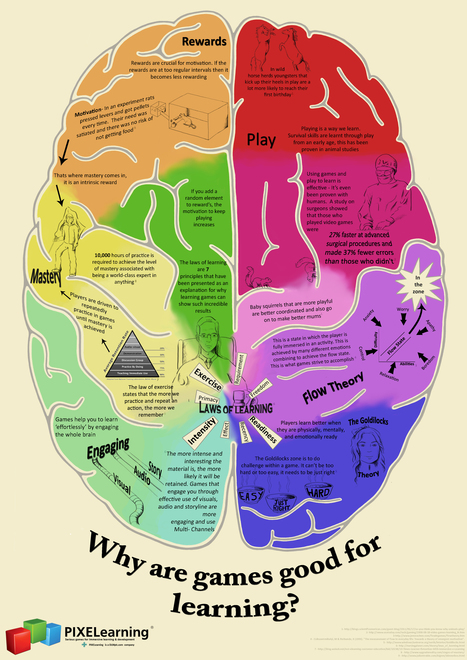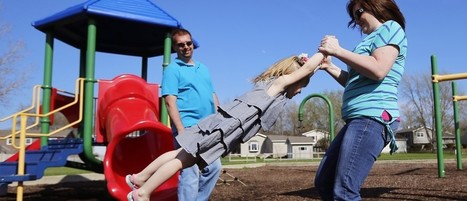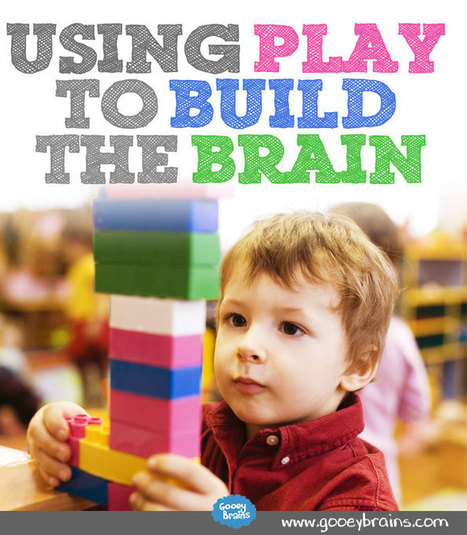You may have heard of play. It’s that thing children do – the diverse range of unstructured, spontaneous activities and behaviours.
Children play in many ways, including by exploring movements, constructing with equipment, creating games, using imagination and chasing others around a playground.
The UN Convention on the Rights of the Child recognises play as every child’s basic right. But play is becoming extinct. Global studies, across generations, have confirmed outdoor children’s play has been declining, across all age groups, for decades.
Play is every child’s basic right. from shutterstock.com
Unstructured play improves learning and social and physical development. Providing a variety of play options, improved play access and fewer restrictions can encourage children to engage in physical activity with peers in line with their imaginations.
Research and publish the best content.
Get Started for FREE
Sign up with Facebook Sign up with X
I don't have a Facebook or a X account
Already have an account: Login
Professional learning in a glance (or two)!
Curated by
John Evans
 Your new post is loading... Your new post is loading...
 Your new post is loading... Your new post is loading...

Ryan McDonough's curator insight,
July 7, 2014 8:19 AM
Self explanatory visual on the benefits of gaming as a means of learning. Outlined are the rewards, mastery, engagement, intensity, exercise, readiness, and competitiveness. These types of graphics need to be displayed in the classroom. There's always parents who are unsure of how gaming qualifies as teaching. Can't they just sit their kid in front of an iPad all day at home? Well, in the appropriate setting, with the right direction and guidance, games are certainly good for learning. Some people just don't know that from experience yet. |
|




















